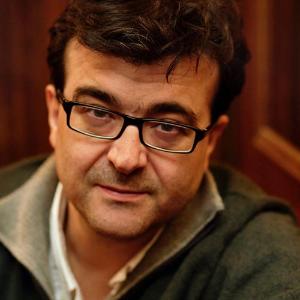The findings, interpretations and conclusions are those of the authors and do not necessarily reflect the views of the European Investment Bank
>> You can download the essay here
I’m not really sure what Europe is. My most honest single-sentence answer would probably be a rehashing of Saint Augustine’s dazzling reflection on the nature of time from Confessions: “What is Europe? If no one ask of me, I know; if I wish to explain to him who asks, I know not.”
Although that isn’t completely true: I do know some things about Europe. For example, I know that for many people, perhaps above all for many young people, Europe is now closely associated with the European Union. I also know that for many, young and old, the European Union is, at its worst, seen as a listless and unlikely grouping of countries with a lot of history but very little future. At best, it is seen as a cold, abstract and distant supranational entity called “Brussels” with no clearly defined purpose other than to provide jobs for hordes of greyclad bureaucrats and that is blamed for a multitude of ills by populist politicians from across the continent. It doesn’t matter that the reality is completely different, that the well-being of Europeans depends on the European Union and that its institutions build or help to build schools, hospitals and roads, support small and medium-sized enterprises and finance scientific research. What is certain is that, despite all this evidence with an immediate impact on people’s lives, Europe, or at least the European Union, is viewed with suspicion or indifference by many Europeans.
